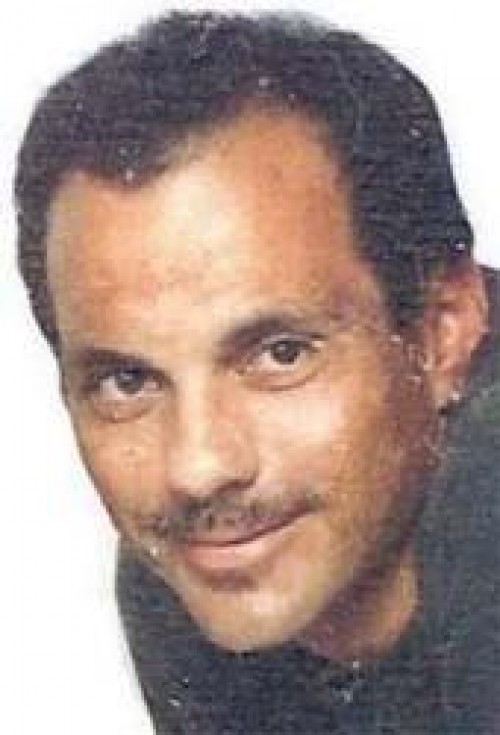
Ecton Lawrence "Ji" Billiot Jr.
July 7, 2008
Jaime Pineda
July 11, 2008Disabled does not mean unable, especially when it comes to employment.
To help those with physical or mental barriers in finding a job, the Louisiana Department of Labor has deployed the Disability Program Navigator Initiative.
Navigator, for short, links potential employers with employees, provides job-training services and is a resource for housing and transportation supports as they impact the search for employment.
“Navigator is designed to ensure seamless comprehensive services to persons with disabilities through the Career Solution Centers,” said John Silver, who oversees the Navigator program at the Houma office.
Like all programs operating out of the centers, the goal is to the reduce unemployment and underemployment rates of Louisianans.
“The main goalsis to improve self-sufficiency,” Silver said. ” People with disabilities are just as able to work as we are, with few modifications. They are part of the job market that’s not being tapped in this area. It’s a job to let employers know we have this untapped pool of workers out there.”
Navigator is not a program in which disabled persons enroll. When they visit the Career Solution Center, there is staff working behind the scenes to make sure the support system that is in place works for people with disabilities.
“We’re aware of all the resources, the community agencies, the non-profits, government assistance,” Silver said. “We can navigate a person through the system. That way they are successful.”
Navigator was developed under the New Freedom Initiative in February 2001 to promote employment and community participation of people with disabilities in all areas of society. Louisiana’s program began in May 2006 because of Hurricane Katrina.
“We originally were not going to get a Navigator program until around 2009,” Silver noted. “It was actually piloted through Wisconsin’s program.”
Today there are eight centers with Navigator staff statewide.
There is no accurate way to count how many disabled people Navigator has served. Although everyone who utilizes the Career Solution Centers is required to register with LAVOS (Louisiana Virtual One-Stop), not everyone discloses that they have a disability.
“Sometimes it’s in their best interest to disclose it because we could make accommodations for them that will make them more attractive to employers,” said Silver. “That’s their personal preference; they don’t have to.”
Not all disabled people are as easily recognizable as a person in a wheelchair.
Some have multiple disabilities, learning disabilities or other hidden disabilities that are not discovered until a program navigator tests for them.
“In our office (United Houma Nation Vocational Rehabilitation Services), we have testing for placement to see if the person is job ready,” Silver explained. “We want to do a little assessment to know where they’re at.”
The office also provides classroom training, on-the-job training, work experience, manpower and supportive services as well as in-school and summer school programs.
“Maybe the job was phased out and they’re looking to be retrained in another field,” Silver said. “We will help them get the training they need to make them employable to move beyond where they were.”
According to Silver, most employers are not worried if a person has a disability or not. They just want someone who wants to work, is willing to learn and has a good attitude.
However, there are a few who still hold old stigmas that need to be overcome.
“When they hear ‘reasonable accommodations’ for people with disabilities, they kind of get standoffish,” Silver said. “Once they’re educated and they understand the benefits of hiring a person with disabilities, they get over it fairly quickly.”
Businesses can receive federal money to help with reasonable accommodations, tax write-offs, tax breaks and other incentives.
The most valuable reason for businesses to hire disabled people is not financial; it is civic.
“It’s a win-win situation,” insisted Silver. “The employer wins because they get a good dedicated employee. The employee becomes more self-reliable and becomes a productive citizen. That’s what any citizen wants.”
In Houma, the disabled can find Navigator services at the Career Solution Center, 807 Barrow St. and the United Houma Nation Vocational Rehabilitation Services, 991 Grand Caillou Road, Building 2.









